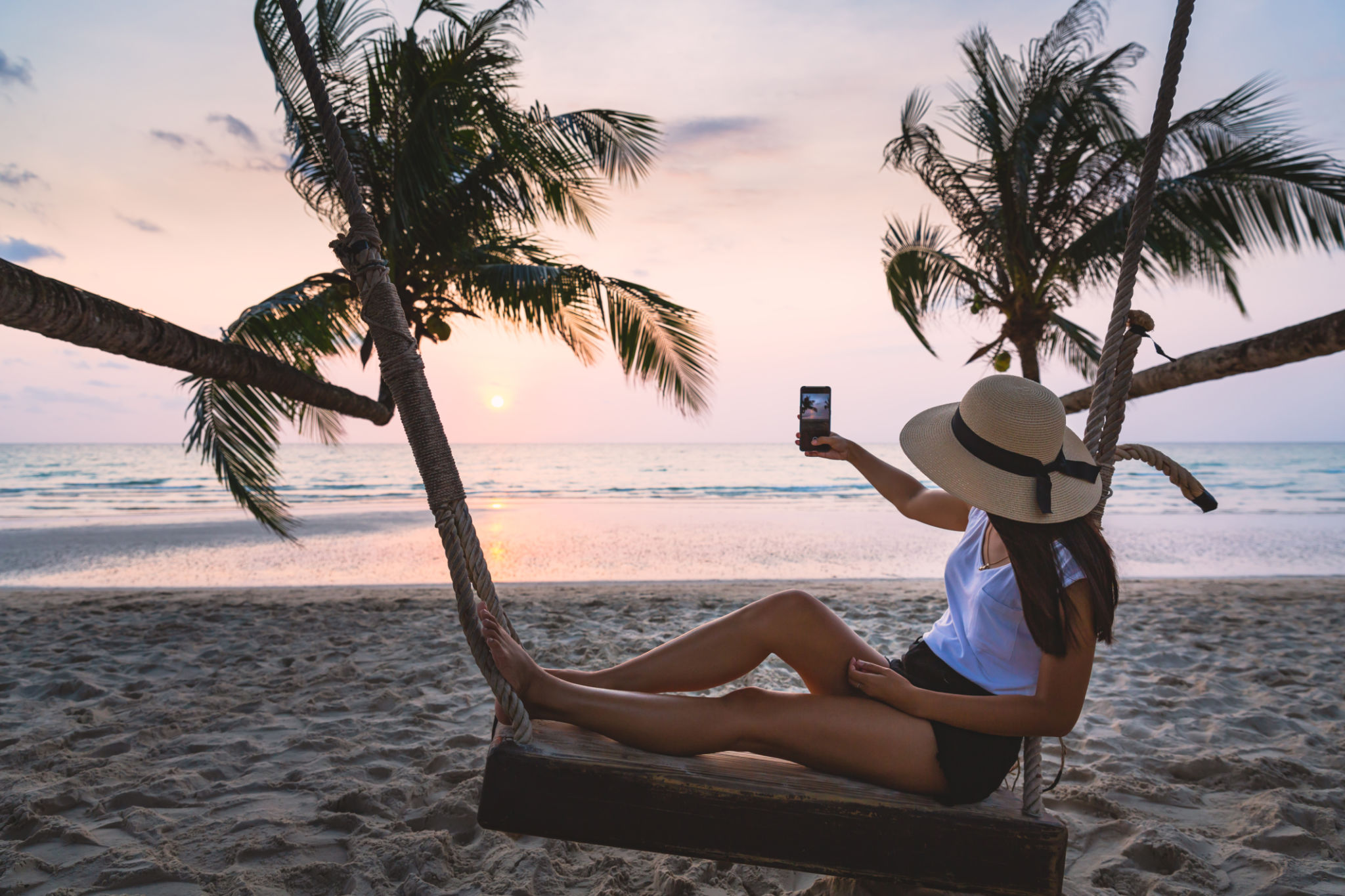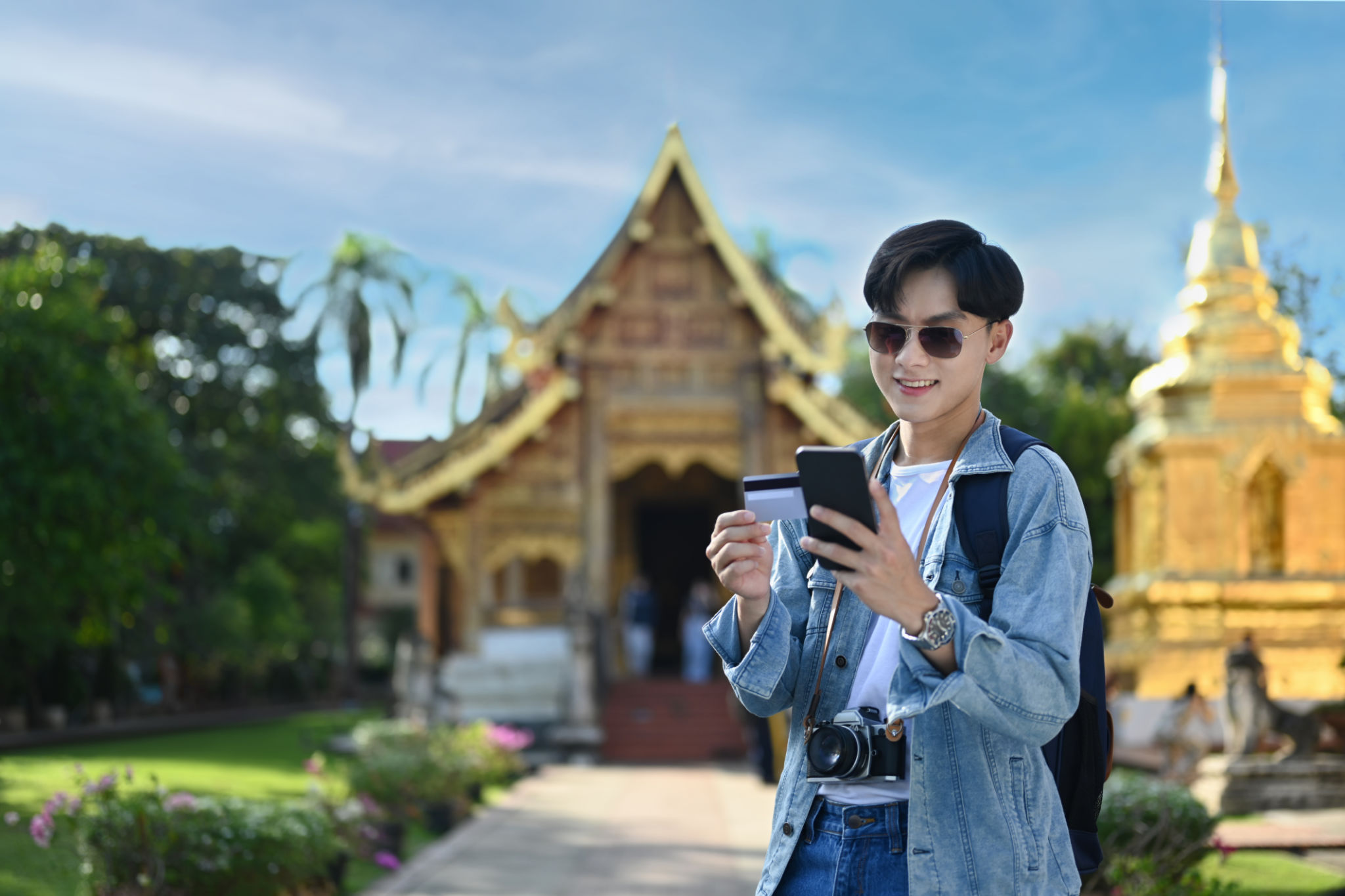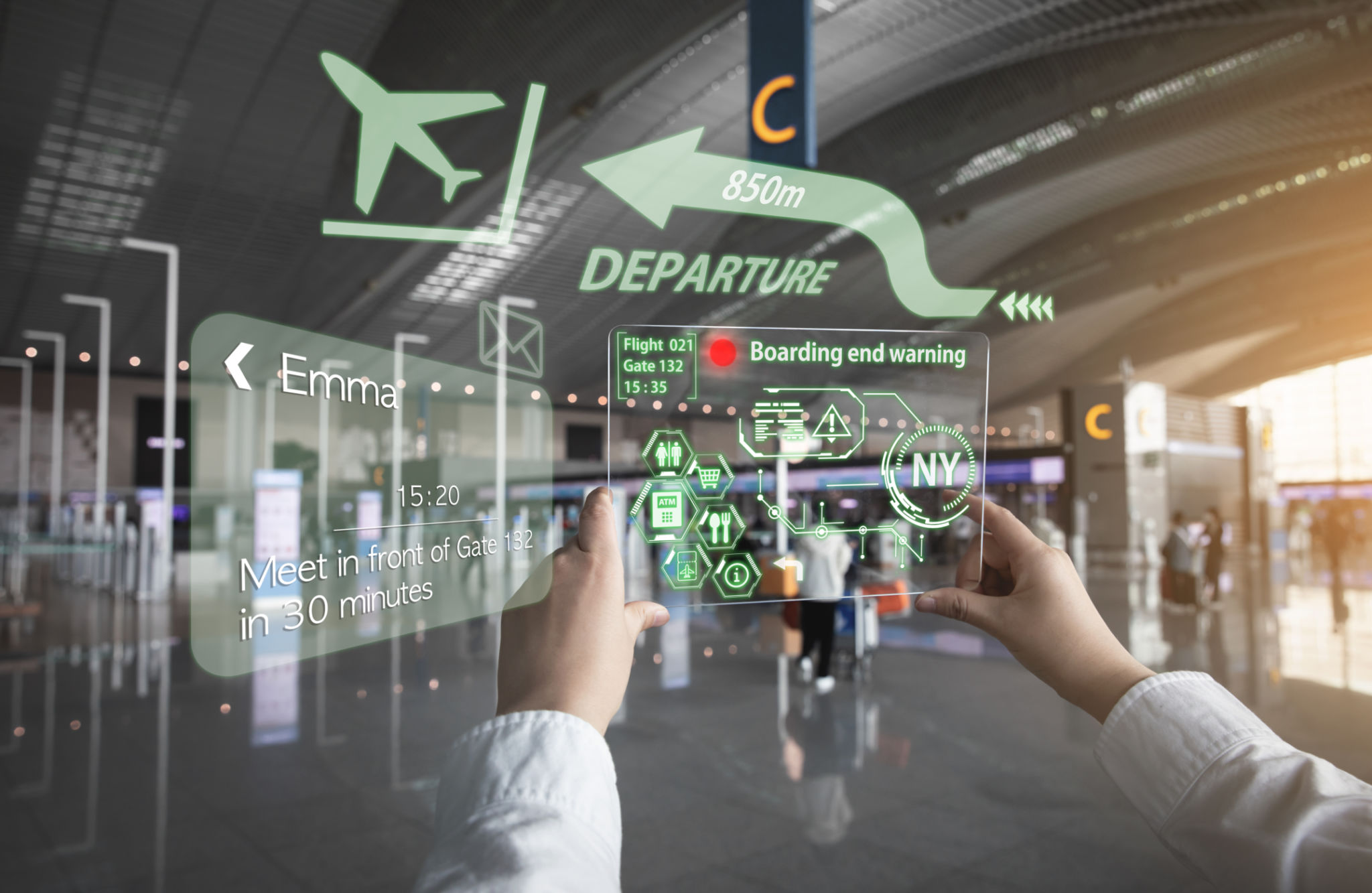How Social Media and Influencer Marketing Transformed the Travel Industry
The Rise of Social Media in Travel
In recent years, social media has become a powerful tool in transforming the travel industry. Platforms like Instagram, Facebook, and Twitter have redefined how people discover and experience new destinations. Travelers now rely heavily on these platforms to seek inspiration, gather information, and share their experiences with a global audience. The visual nature of platforms like Instagram has particularly influenced travel behavior, as stunning images of exotic locations entice users to explore the world.

Moreover, social media has democratized travel content creation. Anyone with a smartphone and internet connection can become a travel content creator, sharing tips and recommendations with their followers. This shift has allowed for more diverse travel narratives and insights, moving away from traditional travel guides to a more personalized storytelling approach.
The Impact of Influencer Marketing
Influencer marketing has emerged as a key component in the transformation of the travel industry. Influencers with large followings have the power to sway travel trends and preferences through their curated content. By partnering with influencers, travel brands can reach vast audiences and create authentic connections with potential travelers.
Influencers often provide an insider's perspective on destinations, offering unique insights and experiences that resonate with their followers. This authenticity is highly valued by consumers, making influencer marketing a cost-effective and impactful strategy for travel brands.

Benefits for Travel Brands
Collaborating with influencers provides travel brands with several benefits:
- Increased Visibility: Influencers have the ability to reach niche audiences that traditional advertising methods may not.
- Authentic Engagement: Followers tend to trust recommendations from influencers they follow regularly.
- Creative Content: Influencers often produce high-quality and engaging content that can be leveraged by brands across various channels.
Changing Consumer Behavior
Social media and influencer marketing have also shifted consumer behavior in the travel industry. Travelers are now more inclined to seek authentic experiences rather than typical tourist activities. They prioritize personal recommendations from influencers and fellow travelers over conventional travel advertisements.

This shift has encouraged travel companies to adapt by offering personalized experiences and embracing customer feedback on social media. The industry's focus has moved towards catering to the desires of a more informed and experience-driven traveler.
The Role of User-Generated Content
User-generated content (UGC) plays a significant role in shaping travel trends. Travelers often share their own experiences on social media, creating a ripple effect that influences others' decisions. UGC acts as a reliable source of information as it reflects genuine traveler experiences.
By encouraging customers to share their journeys online, travel brands can build community and foster loyalty. This strategy not only enhances brand visibility but also strengthens the connection between the brand and its audience.
The Future of Travel Marketing
As social media continues to evolve, so will its impact on the travel industry. The integration of technologies such as augmented reality (AR) and virtual reality (VR) into social platforms is set to revolutionize how travelers plan their trips, providing immersive previews of destinations.

Travel brands must stay ahead of these trends by embracing innovation and maintaining strong partnerships with influencers. As consumers increasingly look for unique and genuine experiences, leveraging social media will remain essential for engaging and inspiring the modern traveler.
